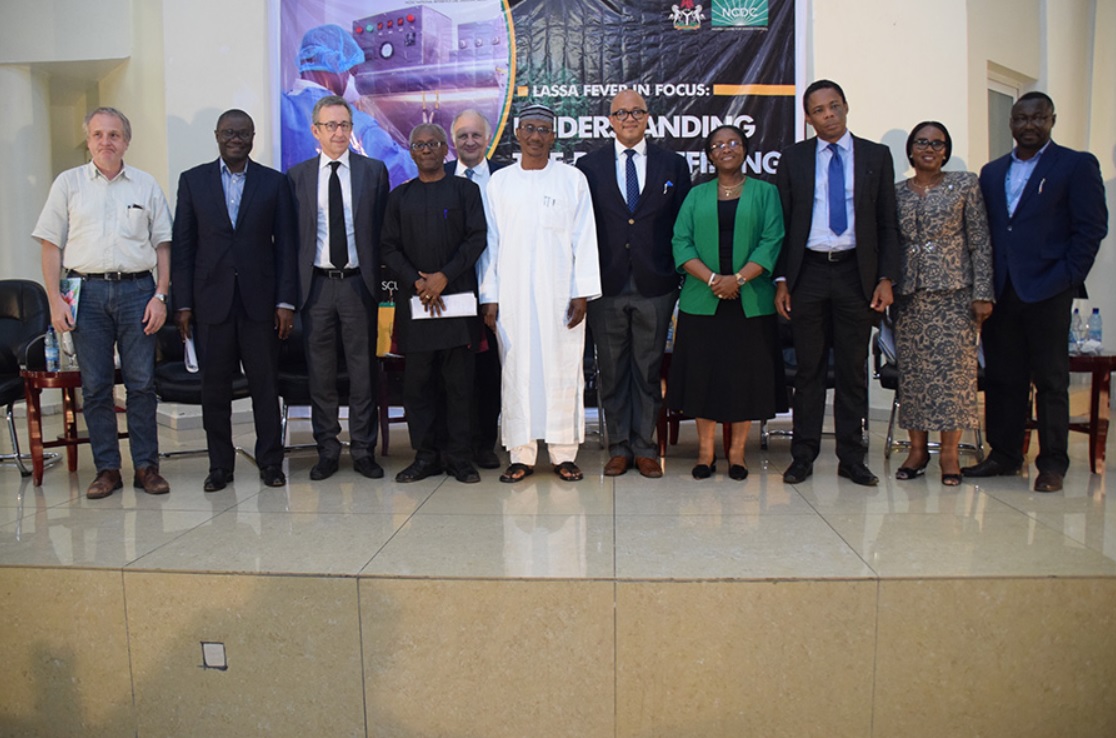First global conference on Lassa fever set to take place in Abuja

- Country:
- Nigeria
Nigeria has experienced its largest ever recorded outbreak of Lassa fever in 2018 with 23 of the 36 states of the federation affected.
Dr. Chikwe Ihekweazu, Nigeria Centre for Disease Control’s Chief Executive Officer had a media briefing on Monday, January 14 in the capital city, Abuja in which he repented saying that although the first Lassa fever was first detected 50 years back, the disease is still widespread in several parts of Nigeria.
With an aim to fight the Lassa fever, Nigeria Centre for Disease Control is going to host the first-ever global Lassa fever conference in the capital city Abuja. Slated to take place on between January 16 and 17, the conference has the theme titled ‘50 years of Lassa fever: Rising to the challenge’. The conference will mark half-a-century of discovering the virus in Nigeria.
The conference will have the health experts, scientists and researchers from all parts of the globe who are dedicatedly working on the Lassa fever disease and virus, mainly since its reception. The experts are likely to share incidences of Lassa fever disease from various countries alongside knowledge and suggestions to curb the disease. The country is now putting the effort of taking the leadership of eradicating the Lassa fever worldwide.
“We will be using the scientific conference to share why we must work together for strong collaboration. We are marking 50 years since this disease was first diagnosed by pushing ourselves to do more. We have agreed that we will work harder to prevent deaths recorded from Lassa fever. This we hope to drop from 26 per cent currently to less than 10 per cent in the next five years,” Dr. Chikwe Ihekweazu said.
- READ MORE ON:
- Lassa
- Lassa fever
- Abuja
- Nigeria
- Nigeria Centre for Disease Control










